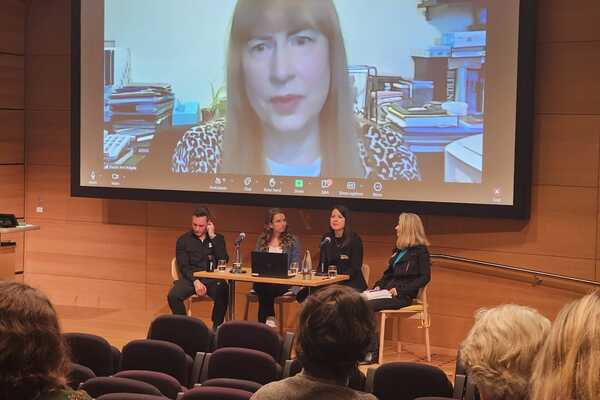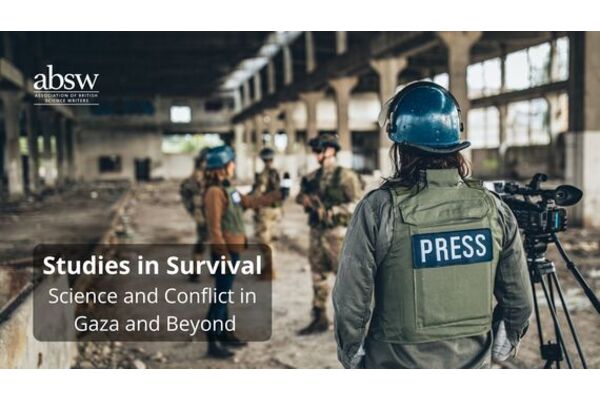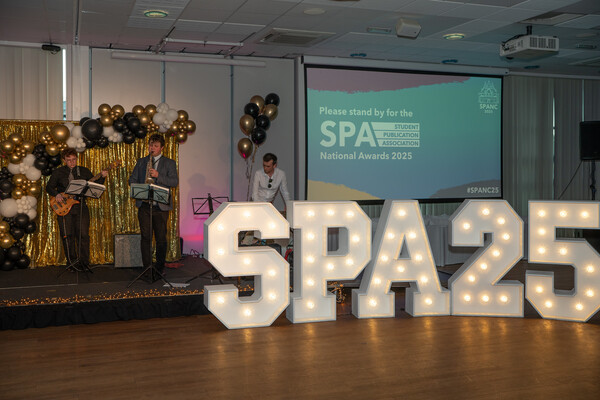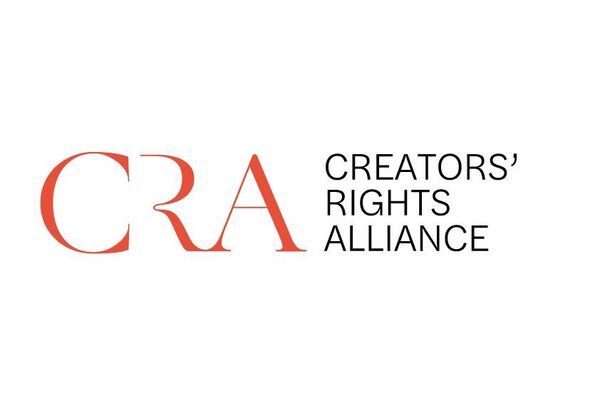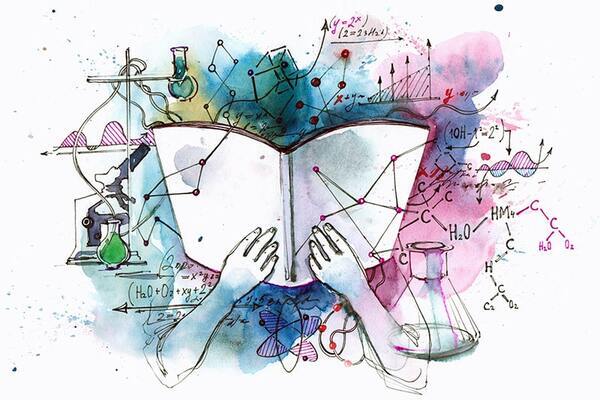In what ways does science broadcast output differ in the UK compared with Germany? And how can science journalists best approach pitching for broadcast work in each of these nations? These were the main questions I explored while chairing 'Pitching Science Broadcast Media: UK vs Germany' at the UK Conference of Science Journalists 2024 on October 15th. To provide some answers I was joined by freelance journalists Sam Baker and Carolin Riethmüller, independent journalist and producer Amelia Vale, and TV consultant Sean Wheatley.
The session began with freelance science and environment reporter and producer Sam Baker, whose clients include DW (Deutsche Welle) and the BBC World Service, revealing her approach to pitching. This involves considering what science or environmental content both the commissioning editor and the intended audience are likely to be consuming: which helps her set the idea in context. Sam finds that German editors generally tend to prefer “issues focussed” ideas, whereas UK editors are more interested in “storytelling and how it’s going to be framed”. She added that being multi-lingual is advantageous, not least for exploiting opportunities for translating and re-selling packages to additional outlets in other countries.
Next, for trying to ensure having enough projects going at all times, pitching a mix of stories was advised by freelance science journalist and documentary film writer Carolin Riethmüller: not only important but potentially more niche topics that can take longer to sell, but also some with mass appeal. Carolin, who presents content for national German TV stations including ZDF and ARTE, and Deutschlandfunk radio, approaches individual editors with pitches for her stories. But she also often works with production companies to produce her documentary ideas.
Carolin explained that it is really important to check the profile of the editors you are talking to in order to find the right partner for your idea, whether they are at a broadcaster or at a production company. She added that broadcasting editors have the advantage of providing rapid and direct, tailored feedback, while production companies can sometimes pay higher rates and provide a whole team of people from different departments that are dedicated to your project.
An insight into the differing TV landscapes was then given by independent TV consultant Sean Wheatley, who works in production, content acquisition and international distribution for wildlife, science and history programmes. Sean explained that the greater number of regional public broadcast channels and small private sector channels in Germany compared with the UK results in “a lot more low-to-mid-budget science programming in Germany …telling national or local stories”. This, he added, contrasts with the UK focus on big-budget science programmes designed for export and bringing in overseas co-funding. Sean advised having a historical angle when pitching science for UK audiences who, he says, tend to prefer history over science.
Closing out the panel discussion, Amelia Vale, founder of independent media company Factual Eyes who specialise in medical science stories, highlighted the usefulness of the Documentary Campus Masterschool. This, she explained, is a training initiative which aims to get intelligent film ideas into production via mentoring, workshops and pitching at a science media event attended by international industry leaders, and has a December 1st deadline for this year’s applications.
Amelia revealed that for a documentary about new gene therapy treatments, which she had failed to get commissioned in the UK, she submitted a one-page proposal anonymously to a pitching session at the World Congress of Science & Factual Producers. This resulted in ZDF commissioning the documentary for broadcast in Germany, Austria and Switzerland, and Amelia’s subsequent nomination for European Science Journalist of the Year 2022.
Overall, the take-home message was that securing broadcast commissions is not easy anywhere, but the greater number of science slots available in Germany compared with the UK offers science journalists more opportunities.
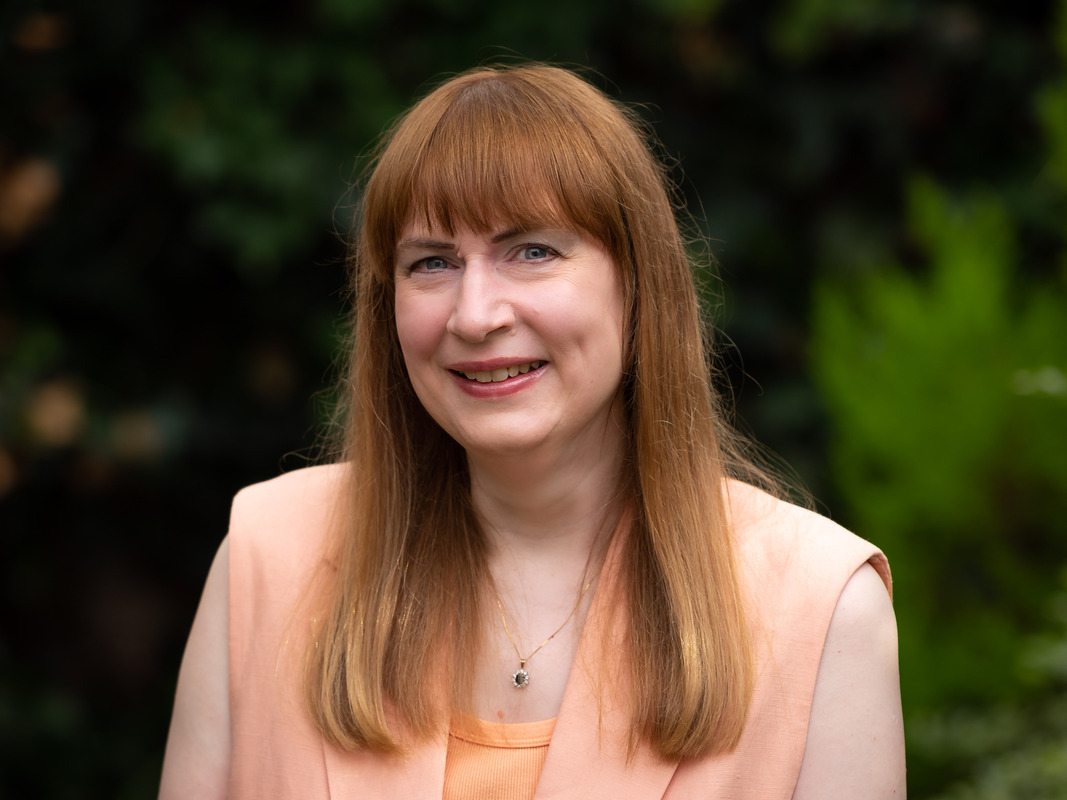
Sharon Ann Holgate is an award-winning science journalist, author and broadcaster with a doctorate in physics whose credits include presenting on the BBC World Service and BBC Radio 4 and writing articles for Science, New Scientist, The Times Higher Education Supplement, The Times Literary Supplement, E&T and Physics World. Sharon Ann, a former Young Professional Physicist of the Year, also works as a Science Communications Trainer. Her latest book is 'Communicating Science Clearly: A Self-Help Guide for Students and Researchers'.
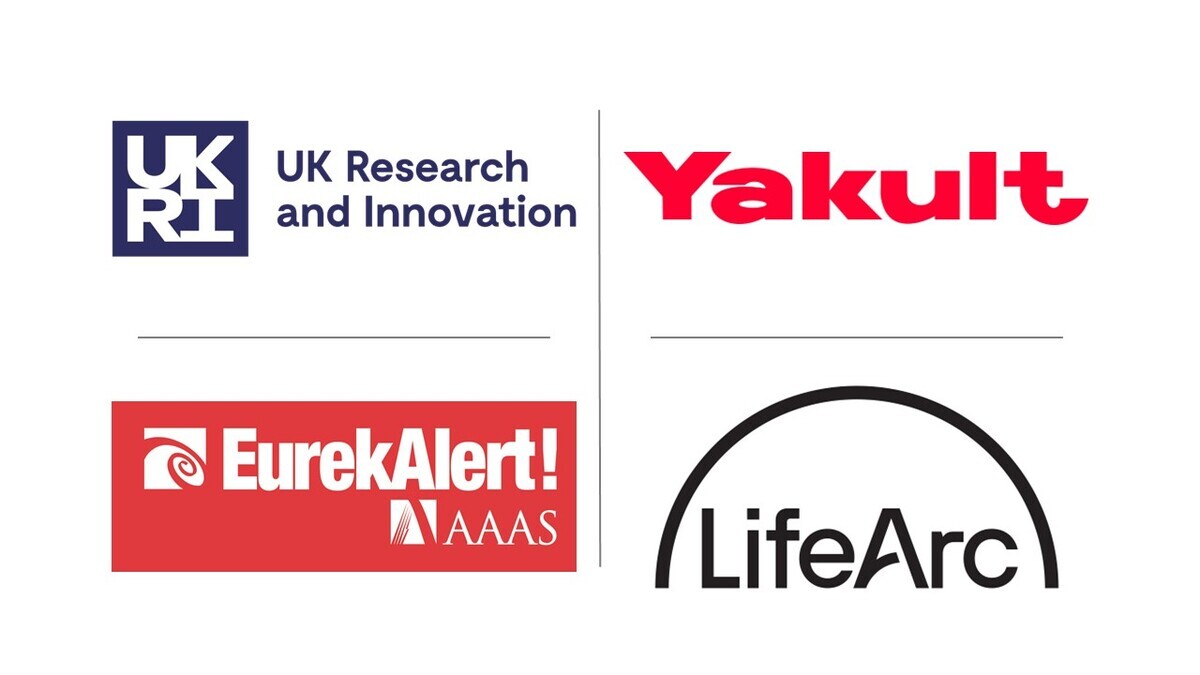
With thanks to our partners and sponsors that made the UKCSJ24 possible.
EurekAlert! the ABSW's Lead Professional Development Partner
UK Research and Innovation Gold Partner, Excellence in Science & Technology Journalism
LifeArc Silver Partner, Excellence in Science & Technology Journalism
Yakult Bronze Partner, Excellence in Science & Technology Journalism

